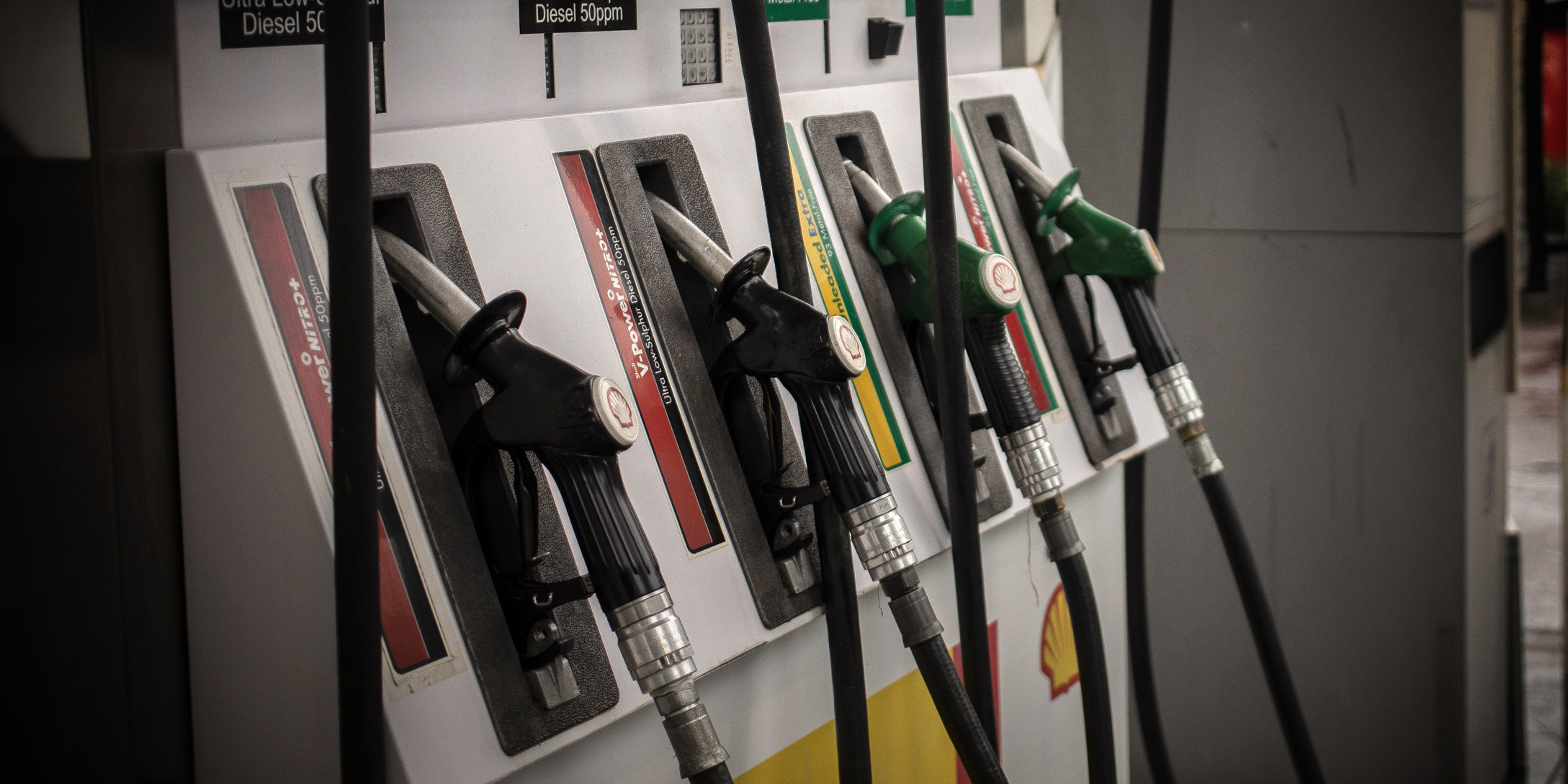Buying fuel is a grudge purchase, as most consumers have no other options in the matter. Fully electric vehicles are the only exception — other vehicles require fuel. Consumers have a perception that fuel is too expensive.
Consumers are very sensitive about fuel price increases and often respond strongly when price increases are announced. This solicits responses about the impact of fuel hikes on the domestic rate of inflation, and is met with calls that “something must be done about higher fuel prices”.
In these objections, “something” goes undefined.
Fuel price and domestic rate of inflation
There are direct and indirect links between the fuel price and the measurement of the domestic rate of inflation. The cost of fuel for transport has a weight of 4.82 out of 100 in the consumer price index (CPI) for all urban areas — the index used to calculate South Africa’s rate of inflation.
The average South African household, therefore, spends 4.82% of its disposable income on fuel for transport. If the price of fuel increases by 10%, the direct impact is an increase of 0.482% in the measured rate of inflation.
Increases in the price of fuel also have an indirect impact on the measured rate of inflation. Fuel is an input cost in the transportation of consumer goods. Fuel price hikes result in increases in the cost of transportation, which are reflected in the retail prices of goods.
This impact on the CPI and the rate of inflation cannot be calculated with any accuracy, but forms part of other price increases included in the rate of inflation.
What does this mean for consumers?
Decreases in fuel prices often go unnoticed as consumers are more aware of price increases than price declines. This is the case because consumers are under financial pressure, not only from the increases in the fuel price, but from overall price increases.
Any decline in the fuel price will have the opposite effect on the measurement of the rate of inflation. Lower fuel prices help to alleviate increases in the CPI and the inflation rate.
As fuel has no substitute, using it more sparingly is the only way for consumers to contain expenditure. To limit the expense of fuel, consumers have to find ways to use less fuel, including travelling less. This requires consumers to plan better in terms of their travel arrangements. For instance, by visiting more than one destination in the same trip, rather than making separate trips, less fuel is used because less travel is necessary.
The shared use of vehicles, such as carpooling, will also reduce fuel usage. By driving cautiously on the roads, consumers can reduce fuel consumption by avoiding fast acceleration and decelerating on time, for example, when approaching a red traffic light or stop sign. Monitoring the use of brakes is an easy way to assess driving style. The frequent use of brakes on a vehicle implies that the driver has a less frugal driving style. Frequent braking usually occurs as a result of unnecessary acceleration.
The current pressure on retail fuel prices is caused by many factors. One important aspect is the recent sharp increase in the US dollar price of crude oil. A higher crude oil price leads to higher fuel prices.
South African fuel prices are also sensitive to movements in the exchange rate of the rand against the US dollar. Any depreciation of the rand against the US dollar results in higher domestic fuel prices.
This is one area where the South African government can play a positive role in limiting domestic fuel price increases. This can be achieved through sound economic policies which support a stable exchange rate of the rand and encourage investment in South Africa. The government should therefore refrain from policy announcements that scare foreign investors.
Visit Daily Maverick's home page for more news, analysis and investigations
An adequate supply of fuel ensures the continued functioning of the South African economy. While fuel is expensive, it is nevertheless available. There are very high economic costs if fuel is not available or if it is rationed by other means than price, for instance, limited selling hours.
During World War 2 (1939 to 1945), South Africa had fuel rationing. Consumers were not permitted to buy fuel, except with coupons issued by the government. The government had the power to decide who was entitled to buy fuel. This was most disruptive, as people could not travel when necessary. In this instance, the pain of higher prices and inflation did not exist. The pain came in the form of non-availability, disrupting people’s lives.
In the 1970s and 1980s, South Africa had fuel rationing through limited selling hours and speed limits. Journeys took a long time, while fuel could not be purchased after hours or over weekends. Under these circumstances, consumers suffered in the form of time wastage, discomfort, disruption and queuing for fuel. This can be called “queflation”.
In terms of the current system used in South Africa, fuel is available, albeit at elevated prices for consumers who can decide how, where and when to use it.
The alternative is control and rationing by the government, with an unreasonable expectation of a lower price. The latter system brings a high cost in the form of discomfort and queflation. DM
Prof Jannie Rossouw is a Visiting Professor at Wits Business School.




